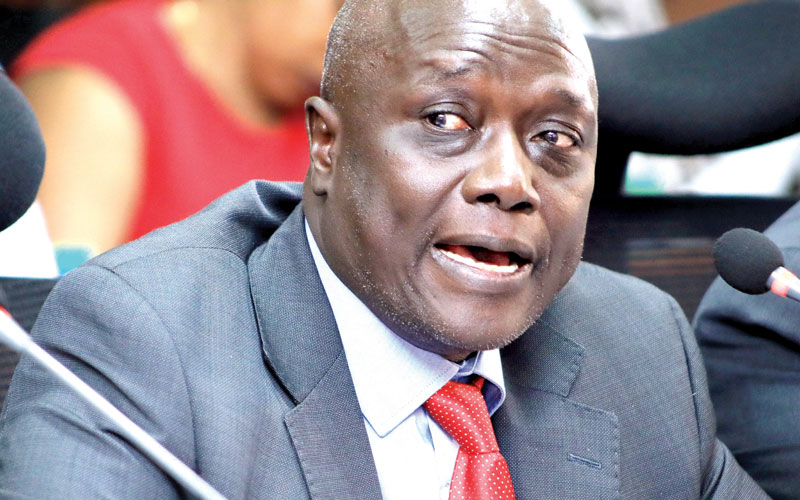Medical machines were not certified, Senate told
By Hillary Mageka, October 31, 2019It has now emerged that the medical equipment procured under the controversial Sh63 billion Managed Equipment Services (MES) was never approved by the Pharmacy and Poisons Board (PPB) before being supplied to 122 health facilities across the 47 counties.
Further, the equipment was not inspected or certified by the board even though the law requires that all medical devices and accessories be inspected, vetted and permitted for efficacy.
This development has raised concern over the safety of the machines to millions of Kenyans, who have been using the renal dialysis machines, x-ray medical equipment, CT scans, and theatre equipment that have not been certified to be free of any medical risk.
Appearing before the Senate ad hoc committee probing the controversial MES project, PPB said it never conducted any inspection, vetting or verification on the safety of the equipment because the board has no capacity to carry out the function.
“It is part of the mandate of the board but it lacks the expertise, resources and the infrastructure to undertake the exercise. It is very expensive to set up the infrastructure to evaluate medical equipment and the government has not given us the funds,” Dr Fred Siyoi, the board’s chief executive said yesterday.
“We were given a mandate which is not commensurate with resources be it financial or human,” he added.
The committee, led by Isiolo Senator Fatuma Dullo, expressed surprise to learn that the equipment supplied to at least 122 health facilities across the country was not tested to ascertain its efficacy.
Siyoi’s sentiments were shared by the board’s Evaluation director Dr Mohamed Ahmed, who is said the mandate of evaluating medical devices was given to the board five years ago and it is only now that the systems are being developed.
“This is a new thing for the board. We had no mandate until 2010 and we are developing regulations for how to register all the medical devices in the market,” he said, adding that the PPB must be supported with funds if the task is to be achieved.
Undertake tasks
Ahmed said the agency is currently listing all the medical equipment in the market as one of the ways of developing an inventory of all the devices in the market.
“We decided to do a listing so that we know what is in the market,” he held.
The committee heard that the board’s only proficiency is to list medical devices and reagents supplied to health facilities in the country.
“There are many burials in the villages because such a serious institution has been reduced to listing medical devices and other consumables. You are agents of death not agents of life,” claimed Bomet Senator Christopher Langat.
“We have much-complicated equipment in the market and if not properly vetted they have the capacity to bring damage to human life. In Kenya, deaths are made by men. The Poisons board is an agent of Death,” Langat claimed.
Dullo said the Kenyan public is in a dangerous position owing to the failure by the board to undertake basic tasks given to it by law.
“How can you allow medical equipment whose efficacy is not verified (to be in use)? God help Kenya,” she said.
“From your own admission, it is evident that medical equipment supply to the health facilities in the counties was done without inspection or vetting,” she added.
In sharp contrast, the Kenya Medical Supplies Authority (Kemsa) had appeared before the committee and confirmed that the PPB had approved the equipment and reagents used in running the machines.
More Articles

